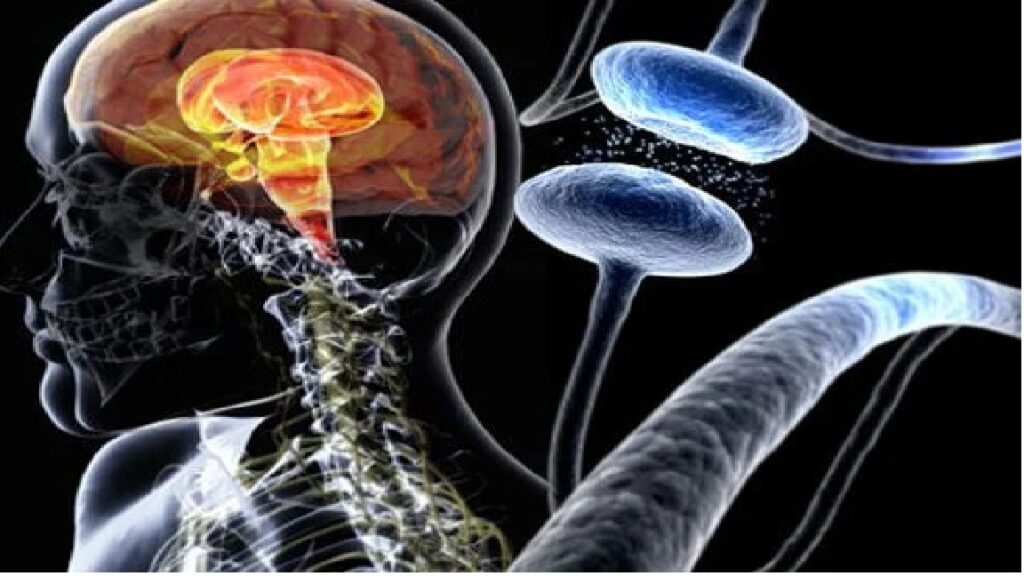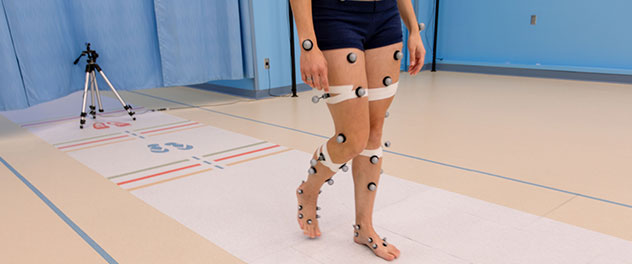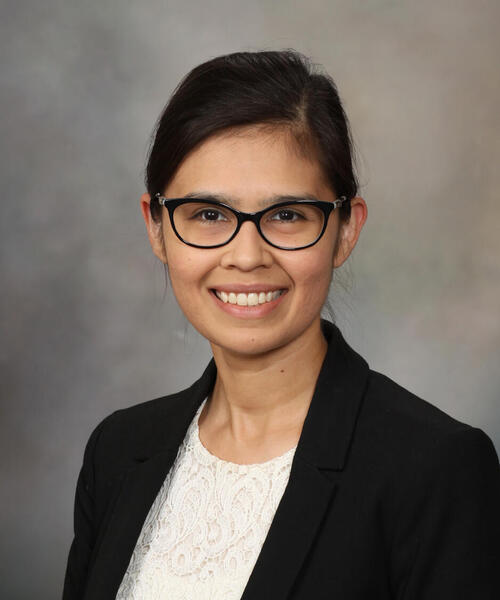Farwa Ali is the best neurologist doctor at Mayo Clinic, United States. She particularizes in movement disorders such as Parkinson’s disease, tremor, dystonia, progressive supranuclear palsy, and multiple systems atrophy.
Do You Know About the Research of Farwa Ali?

Dr. Ali’s research is mostly about a type of Parkinson’s disease called progressive supranuclear palsy that isn’t very common (PSP). Her research includes careful analysis of how people walk and move, as well as tests of how their eyes move so that she can learn more about the cause, mechanism, and progression of this condition.
The number of weeks in a year is not as easy to remember as you might think. It can be difficult to find the answer when you’re sharing a conversation with someone who asks how many weeks in a year. Check out this article for a breakdown of the year’s days, weeks, and months, along with their corresponding names.
How was Farwa’s Education Life?
Dr. Farwa Studied Movement Disorders, Programs in Rochester, Mayo School of Graduate Medical Education, Mayo Clinic College of Medicine. She did his MBBS from Aga Khan University Medical College.
How was Farwa Ali’s Research About Gait and Motion Analysis?
PSP. Dr. Farwa Ali is interested in finding out how PSP works, why patients’ symptoms are different, and how the disease gets worse over time. Her research includes advanced neuroimaging (like tau-PET, amyloid-PET, and FDG-PET scans of the brain), detailed clinical assessments, and speech and dysphagia evaluations. PSP can have many different symptoms and look like many different things.

Part of this research program is to learn about the range of symptoms since each patient’s condition may be different. Dr. Ali also does research on gait and motion analysis to look for problems with balance and studies eye movement problems that affect this patient group disproportionately and cause a lot of disability.
What are Neurodegenerative Diseases?
Neurodegenerative diseases that are similar. Dr. Ali also looks at gait and motion analysis, as well as oculomotor abnormalities, in a wider range of neurodegenerative conditions related to
Parkinson’s disease and PSP.
Is Dr. Farwa Ali’s Significance to Patient Care?
The first step in finding better treatments for PSP and, eventually, a cure is to learn more about the disease through clinical evaluation and advanced imaging of the brain. As new technologies are made to help people with PSP keep their balance, move around, and have a good quality of life, it is important to learn more about these disabling symptoms. This will improve patient care, symptom management, and the making of new technologies to help people with PSP.
Read Also: A Global Revolution by Ludwig Guttman: The Paralympic Movement
Do you Know About Ali’s Professional Details?
The Most Important Job:
Consultant in the Department of Neurology’s Section of Movement Disorders.
Academic Rank:
Neurology Assistant Professor
Do You Know About The Residency of Farwa Ali?
Adult Neurology Residency in the Neurology Department.
In Which Hospital did Farwa do his Internship?

Mayo School of Graduate Medical study, Mayo Clinic College of Medicine, Internal Medicine Internship.
Is Dr. Farwa Won Prizes and Awards?
In 2020, AAN will give out the A.B. Baker Award in Neurologic Education.
In 2019, the Neurology Residency Program, Department of Neurology, will choose the Teacher of the Year.
In 2017, the Chief Resident Award for Adult Neurology Residency.
In 2016, the American Neurological Association.
In 2015, the American Neurological Association.
Bachelor of Surgery & Bachelor of Medicine with Honors were awarded in 2012.
Summary of a Personal life:
Dr. Farwa Ali is a specialist in movement disorders who works as a neurologist. Dr. Ali is also an expert in the following:
Dr. Ali’s research is mostly about Parkinson’s disease and other types of Parkinson’s-like disorders.
Movement disorders, such as tremors, myoclonus, dystonia, imbalance, and walking problems, are hard to diagnose and treat because they involve a lot of different fields.
Evaluation of rare movement disorders by doctors from different fields. Helping patients learn more about their illnesses.
Making it easier for care to be coordinated with other parts of Mayo and to get advanced therapeutic and rehabilitation-based care.







